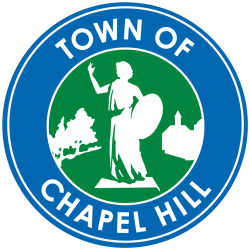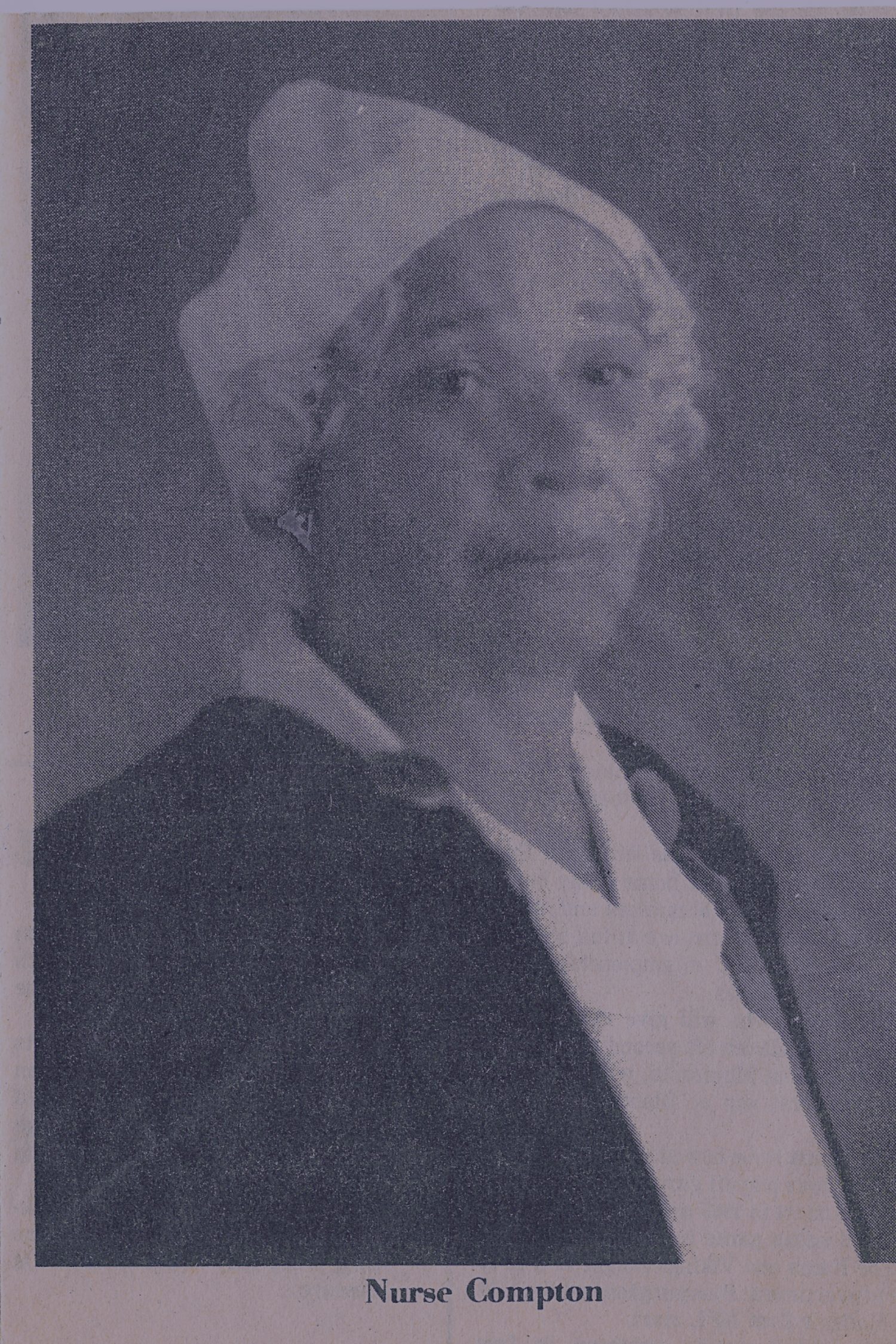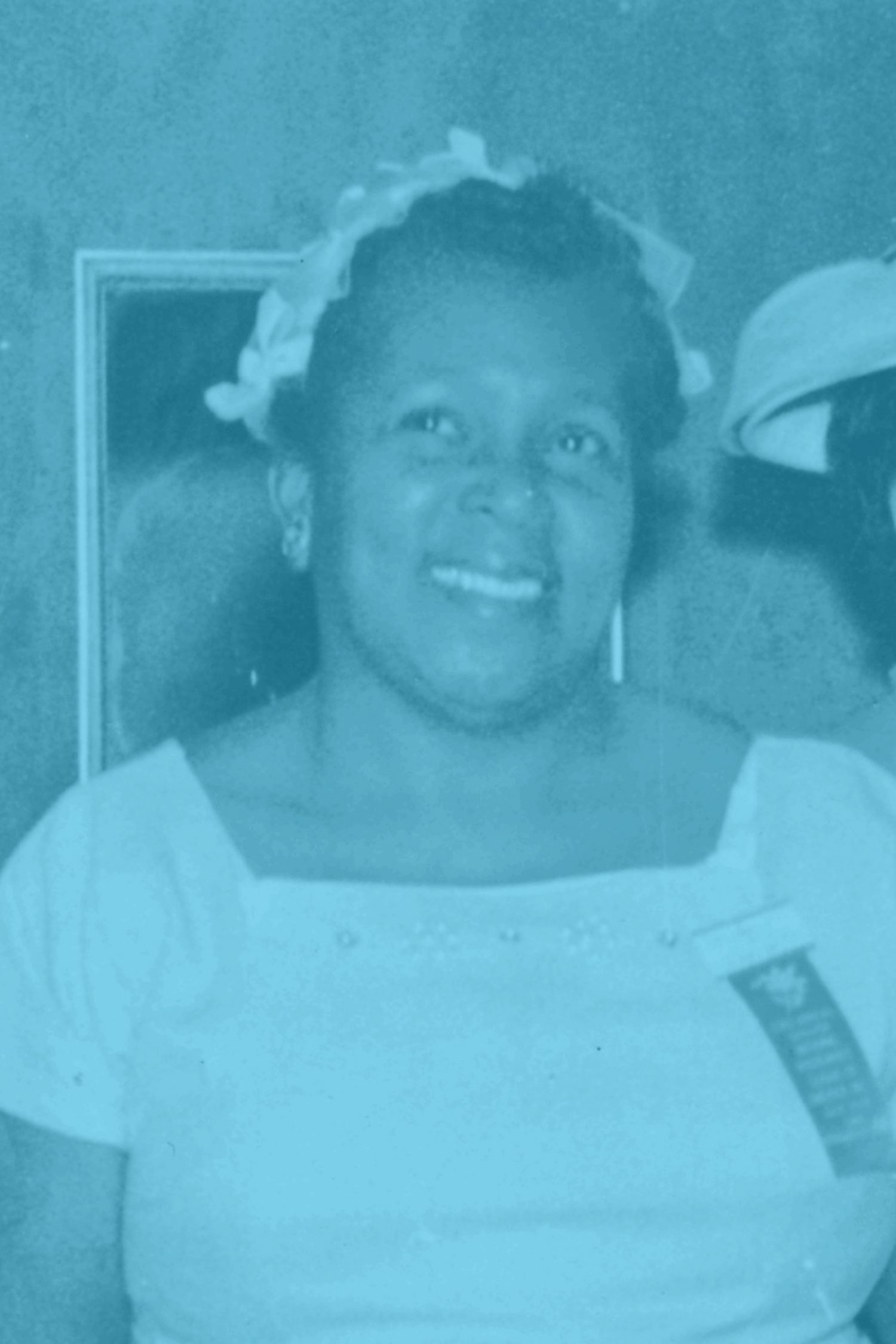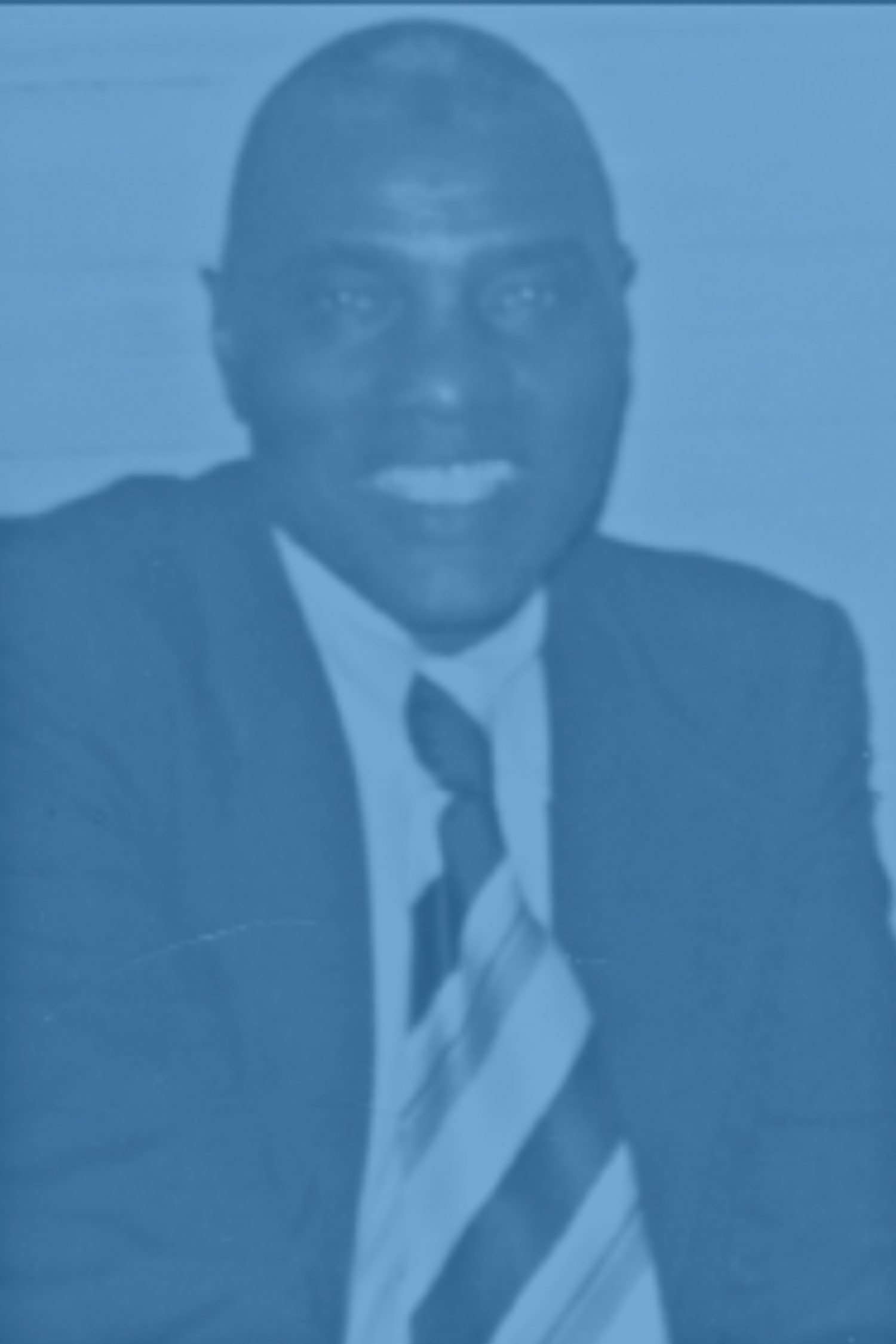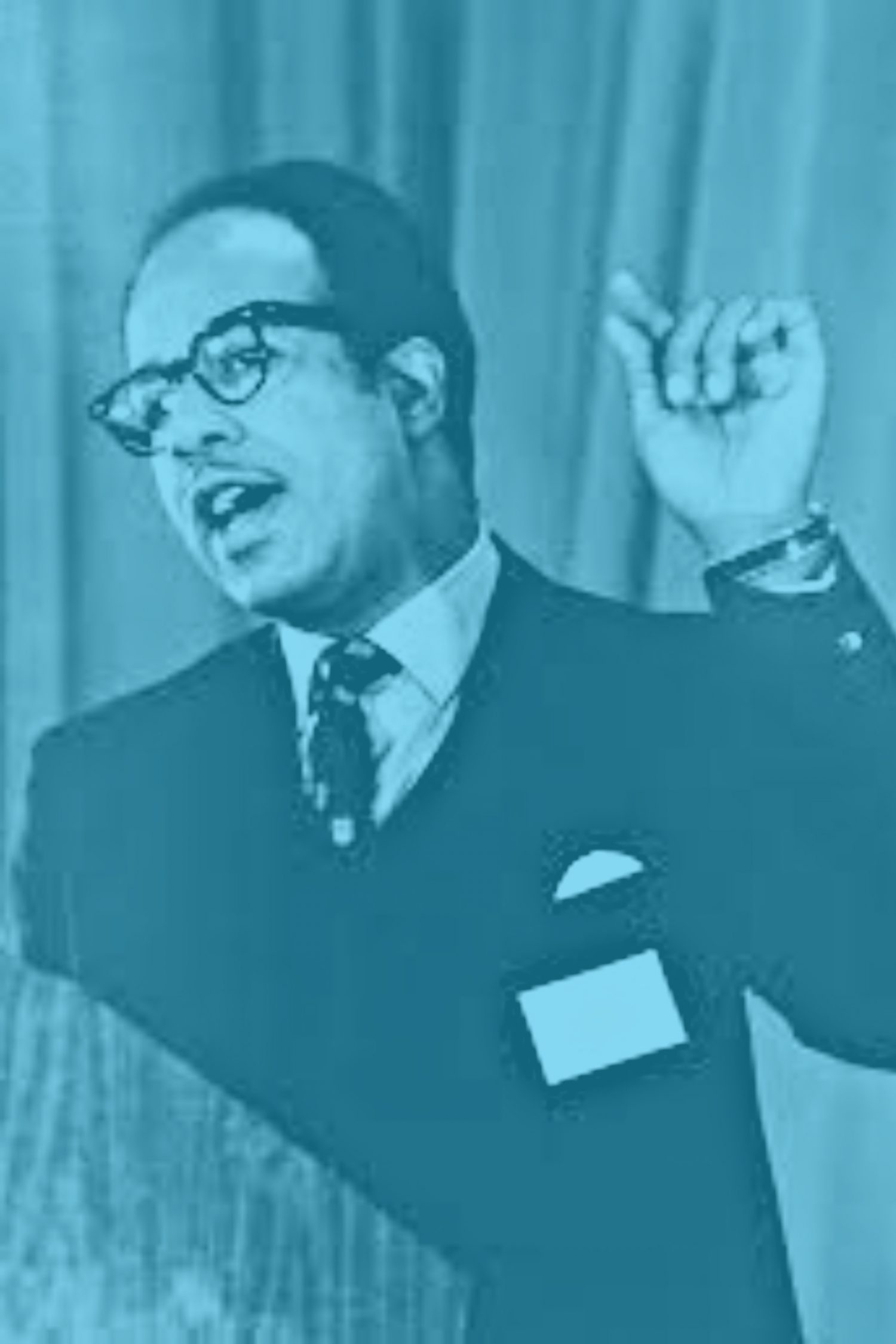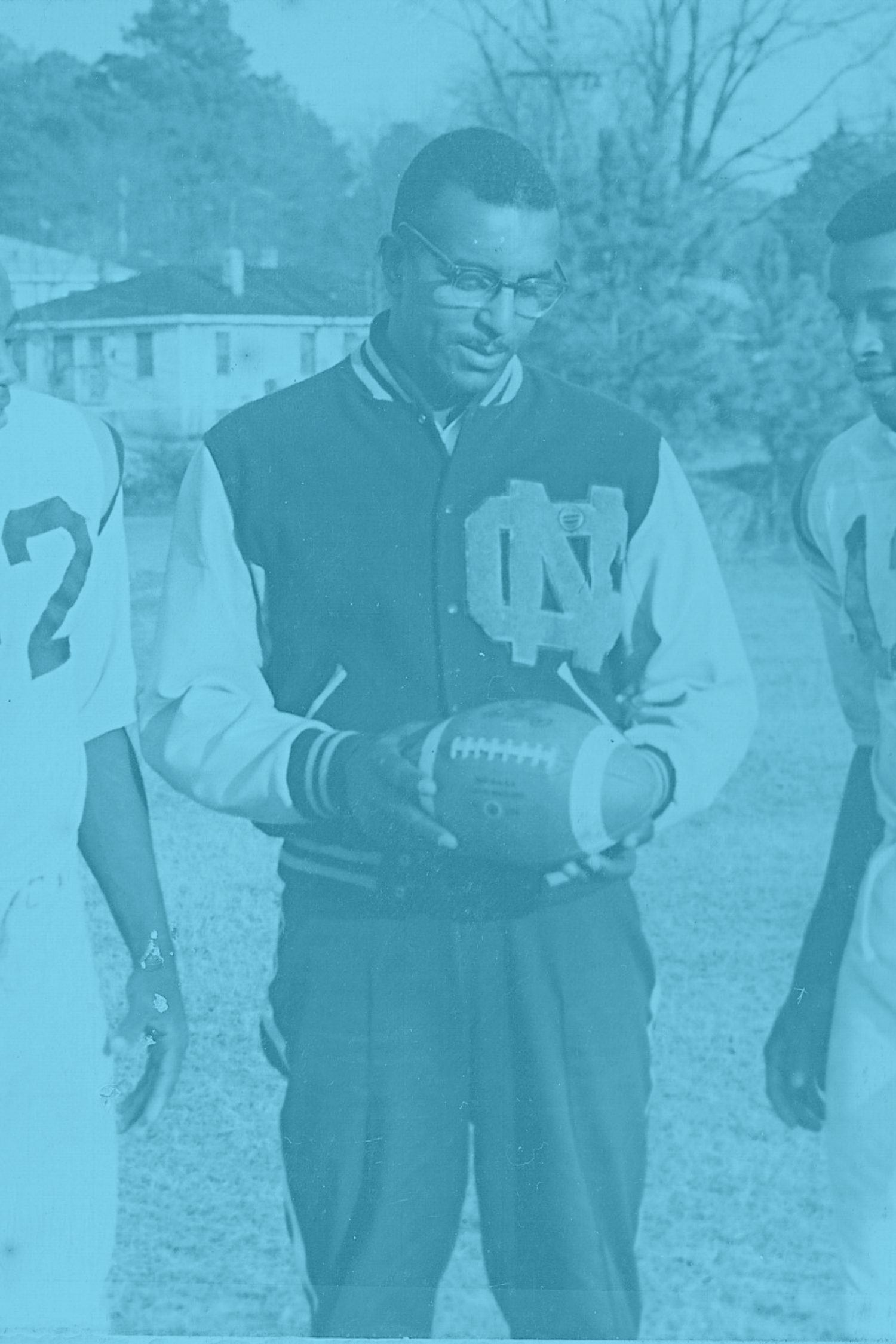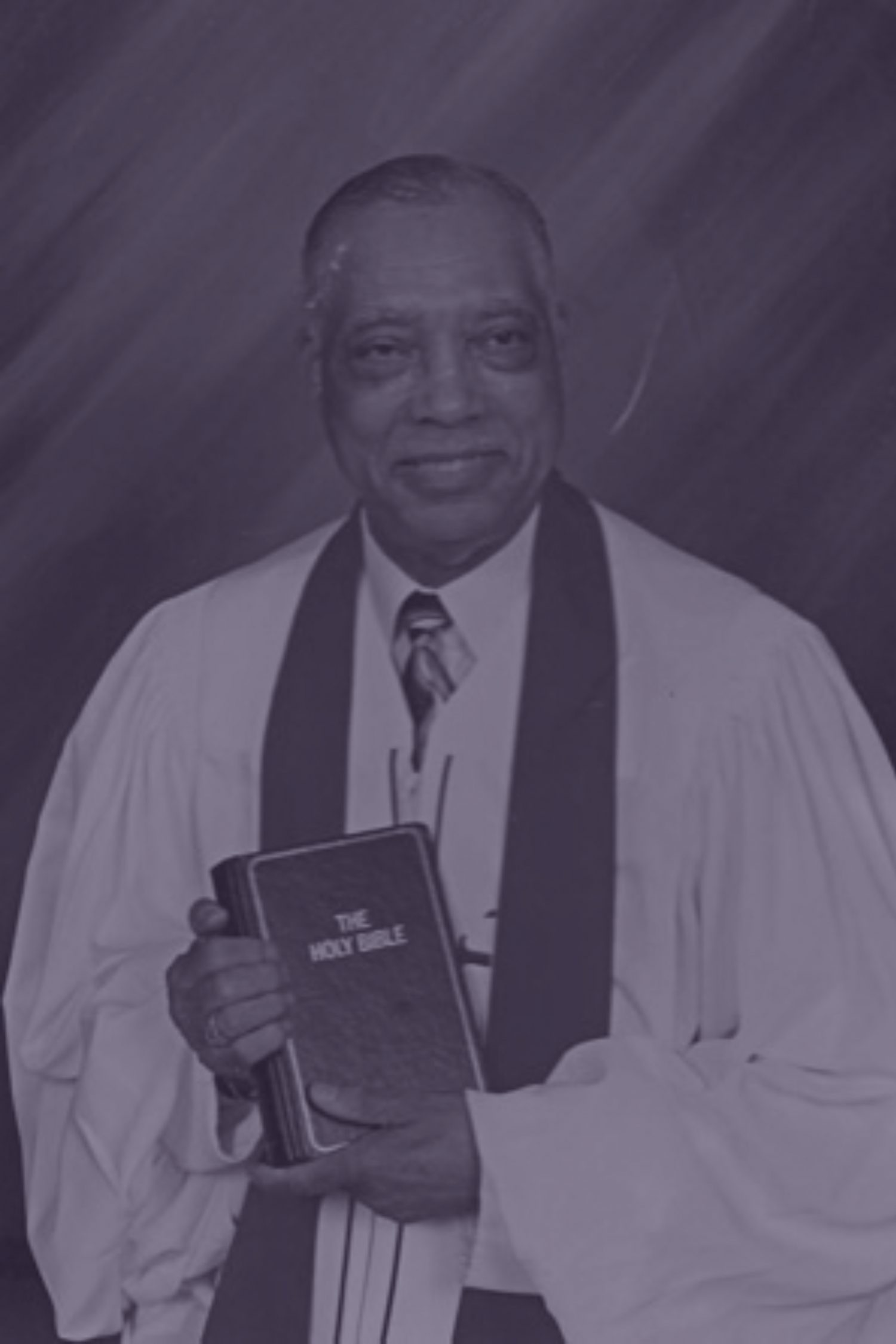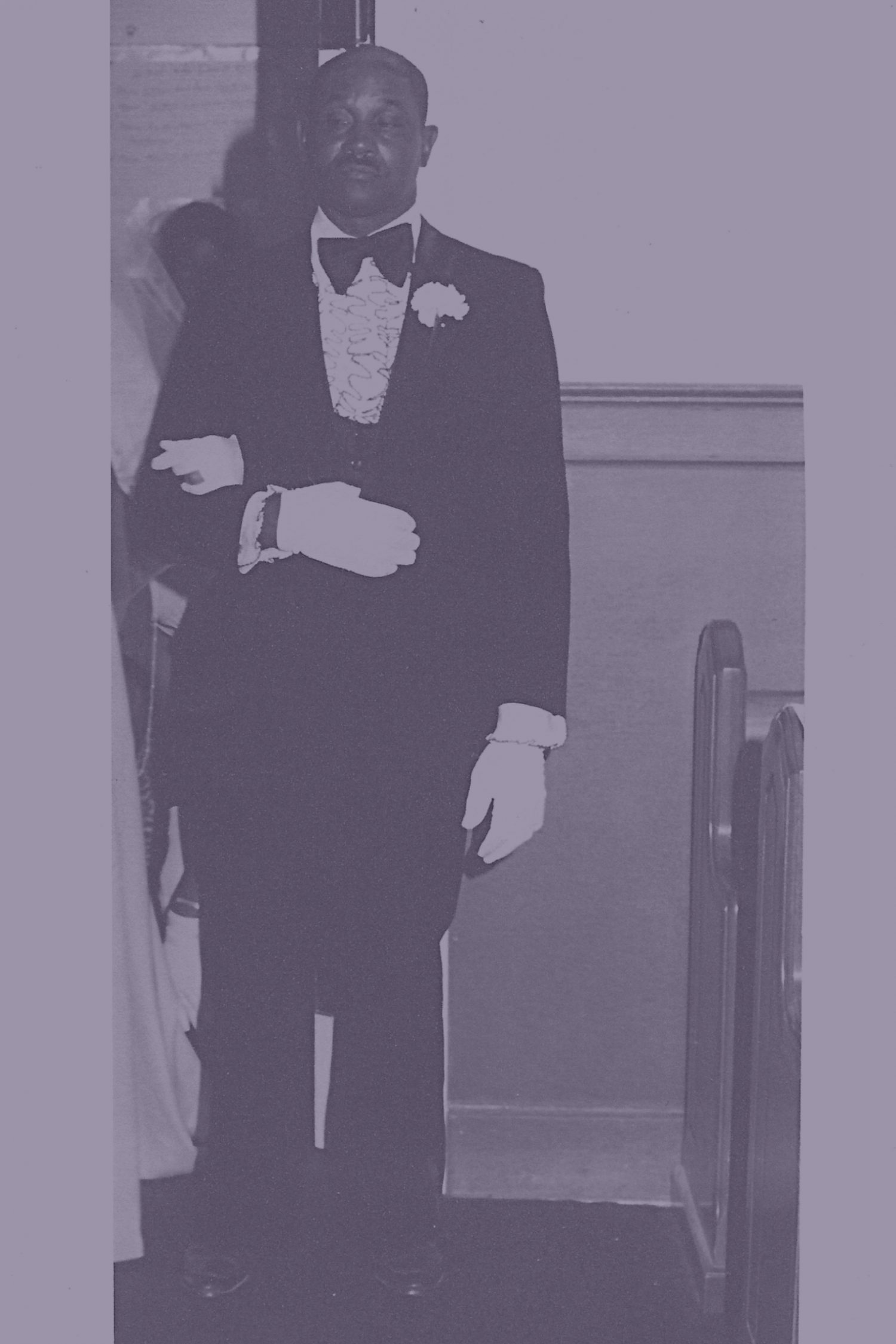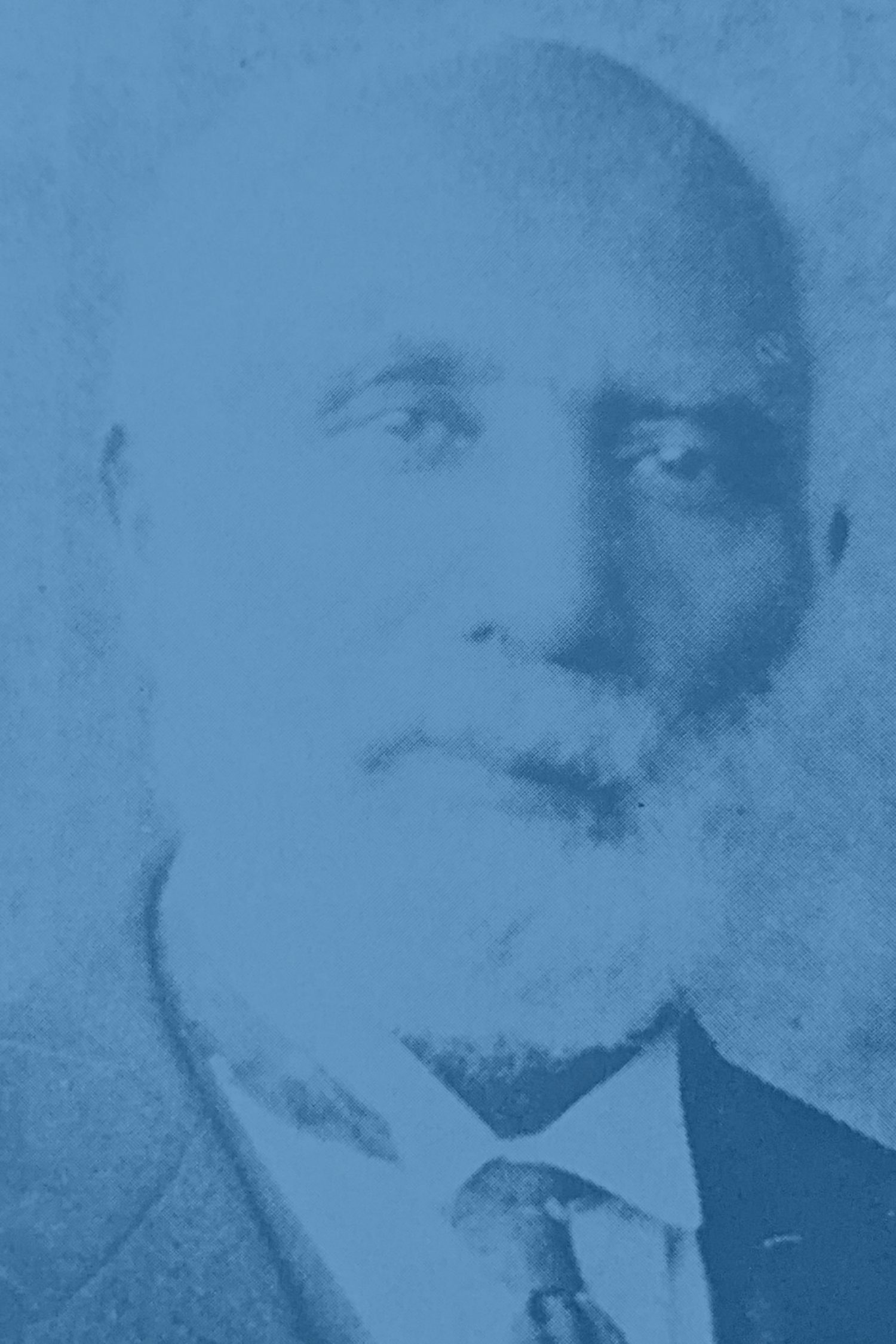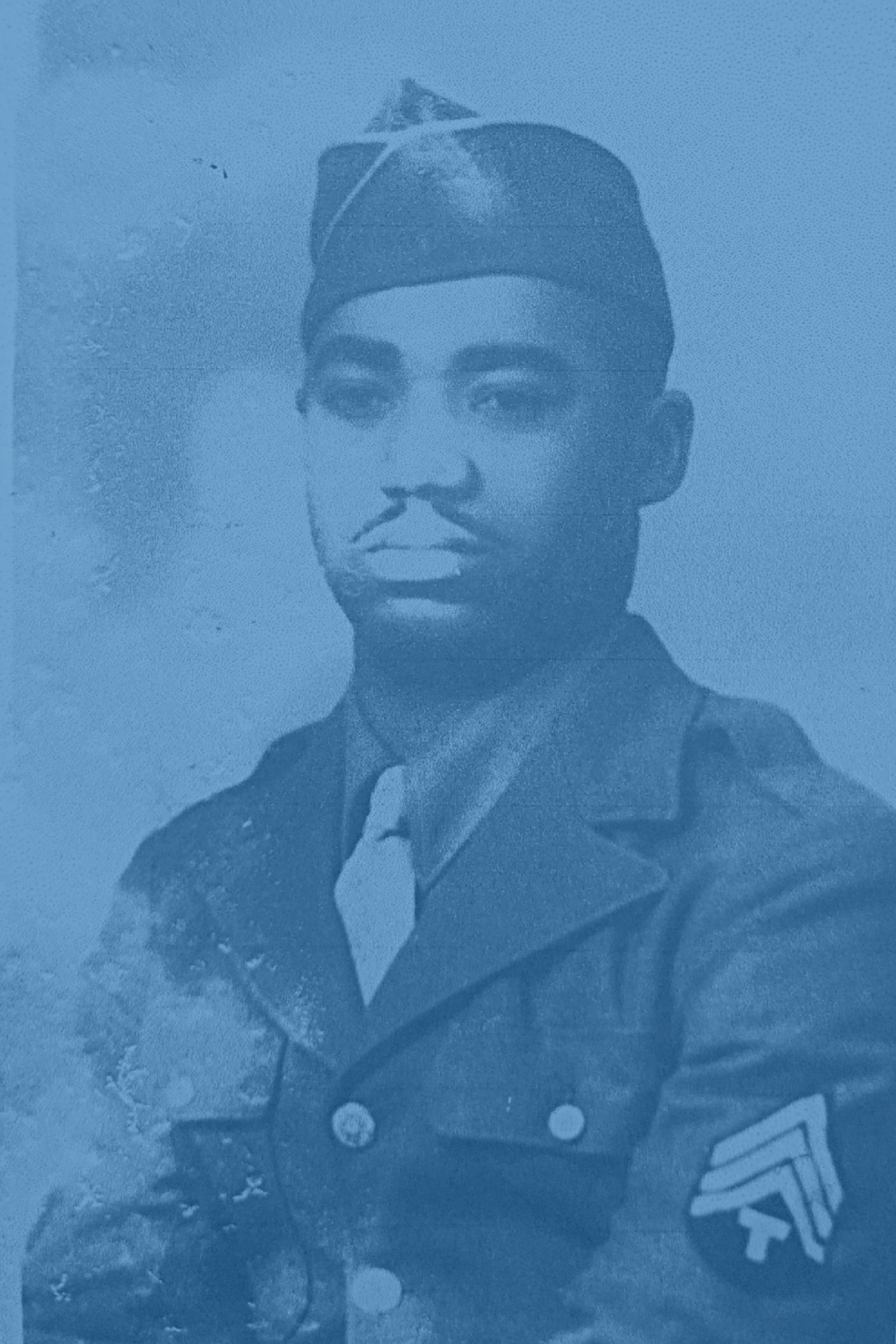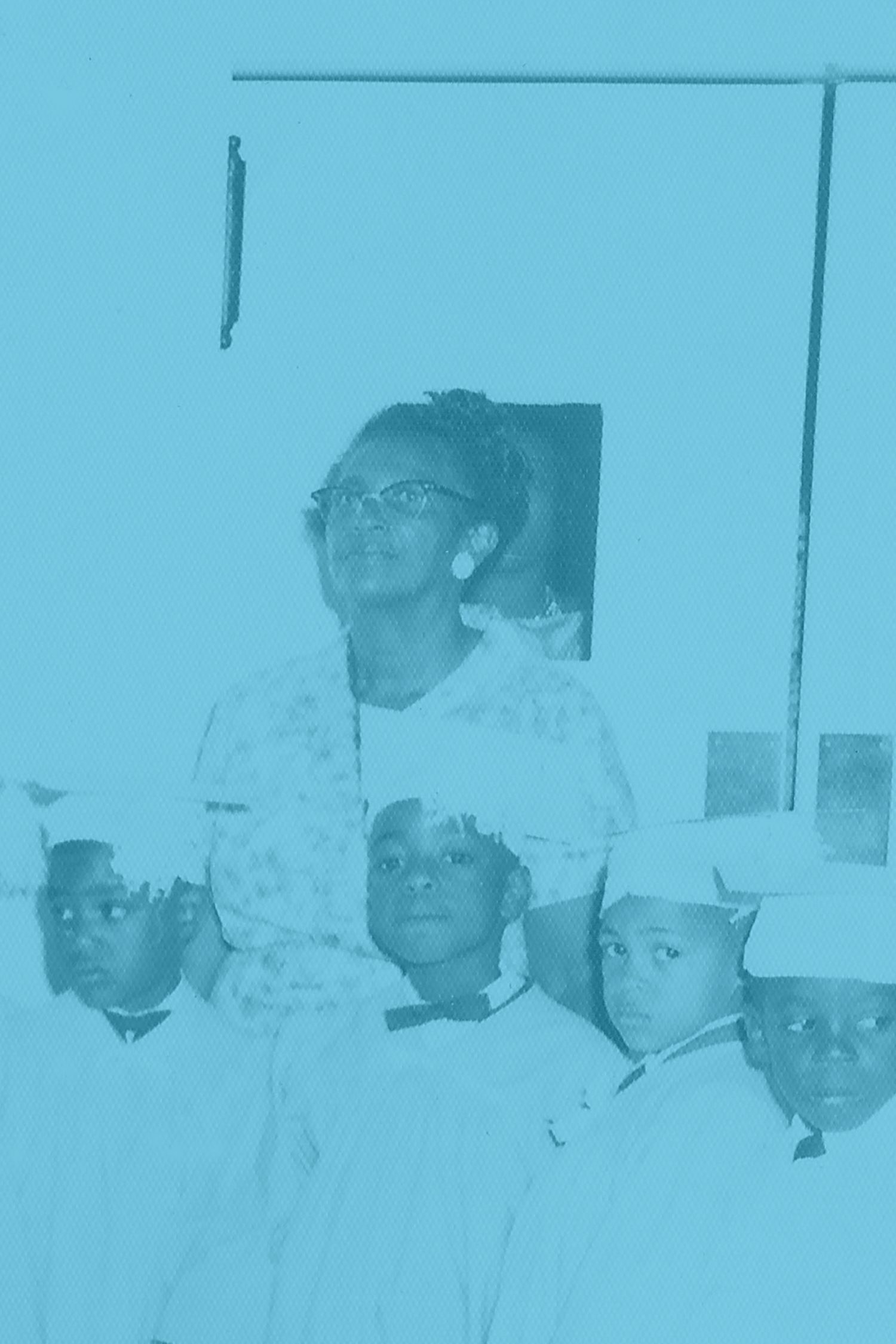Nurse Adelia Compton arrived in Chapel Hill on New Year’s Eve, 1923 at the age of 50. Over the next three decades, she expanded access to healthcare for Black people, forced the local government to make much needed infrastructure improvements in Black neighborhoods, and started social welfare programs designed to improve the health of Black children. While the Black community …
Susie Weaver
Bynum & Susie Weaver were pillars of the Chapel Hill-Carrboro African American community, owning three “social enterprises” before the term existed. From a grocery store to funeral services, the Weavers’ businesses provided much needed goods and services to the community, regardless of people’s ability to pay. The couple owned the Chapel Hill Funeral Home and Ambulance Service, Weaver’s Grocery, and …
Bynum Weaver
Bynum & Susie Weaver were pillars of the Chapel Hill-Carrboro African American community, owning three “social enterprises” before the term existed. From a grocery store to funeral services, the Weavers’ businesses provided much needed goods and services to the community, regardless of people’s ability to pay. The couple owned the Chapel Hill Funeral Home and Ambulance Service, Weaver’s Grocery, and …
Howard Lee
Howard Lee was elected to his first term as Chapel Hill’s mayor only five years after the Federal Civil Rights Act was passed in 1964. Mayor Lee was the first Black man to serve as mayor of a southern city with a majority white population since Reconstruction. During his tenure, Lee addressed legislators in Washington D.C. convincing them to provide …
William D. Peerman
On October 20, 2000, the Chapel Hill High School football stadium was dedicated and named in honor of two former educators, one of whom was William Peerman. Coach William Donald “Huck” Peerman coached football, basketball and baseball at Lincoln High School in the 1950s and 1960s. While at Lincoln, the Mighty Tigers football team had a four-year, 47-game winning streak. …
Reverend Dr. J.R. Manley
When Dr. J.R. Manley first came to Chapel Hill, he expected to spend three Sundays preaching at First Baptist Church. Instead, he ended up serving as the church’s Senior Pastor for 65 years. Born in Murfreesboro (NC), Dr. Manley arrived at Rock Hill Baptist Church in September 1946 at the age of 19 to fill in for a Pastor who …
Walter Riggsbee
Plumber, carpenter and electrician to Orange and Chatham County’s African American Community, Walter Riggsbee owned the building at 111 South Merritt Mill Road with wife Molly, now named “Walt’s Grill.” In the late 1980s 111 South Merritt Mill Road served as a temporary men’s shelter. Prior to that, it was a church, restaurant, grocery store, and beauty parlor. It is …
Dr. L.H. Hackney
The Rev. Dr. Louis H. Hackney was an 1892 graduate of Shaw University, later being honored with a Doctorate degree. Around the age of 21, he became pastor of the Rock Hill Baptist Church, now known as First Baptist Church. Worship services were previously held in several locations and buildings within Chapel Hill. Rock Hill Baptist Church, the first significant …
Thurman Atkins
Thurman Atkins, Owner Atkins Trucking Co, Hollywood Cab/Carolina Cab and Hollywood Restaurant. Mr. Atkins grew up in Chapel Hill North’s Mt. Sinai Road community. Prior to serving in the U. S. Army, he worked for the university. When he returned from his tour of duty, he chose to try it on his own. With no store space to set up …
Addie Robinson
Addie Robinson was a beloved community leader, registered nurse, as well as founder and long-time director of Holmes Day Care at Hargraves Community Center, the longest running daycare in Chapel Hill. Mrs. Robinson’s husband, Hubert Robinson, chartered the first Chapel Hill chapter of the NAACP in 1947 and was the first Black member on the Chapel HIll Board of Alderman …
- Page 1 of 2
- 1
- 2
